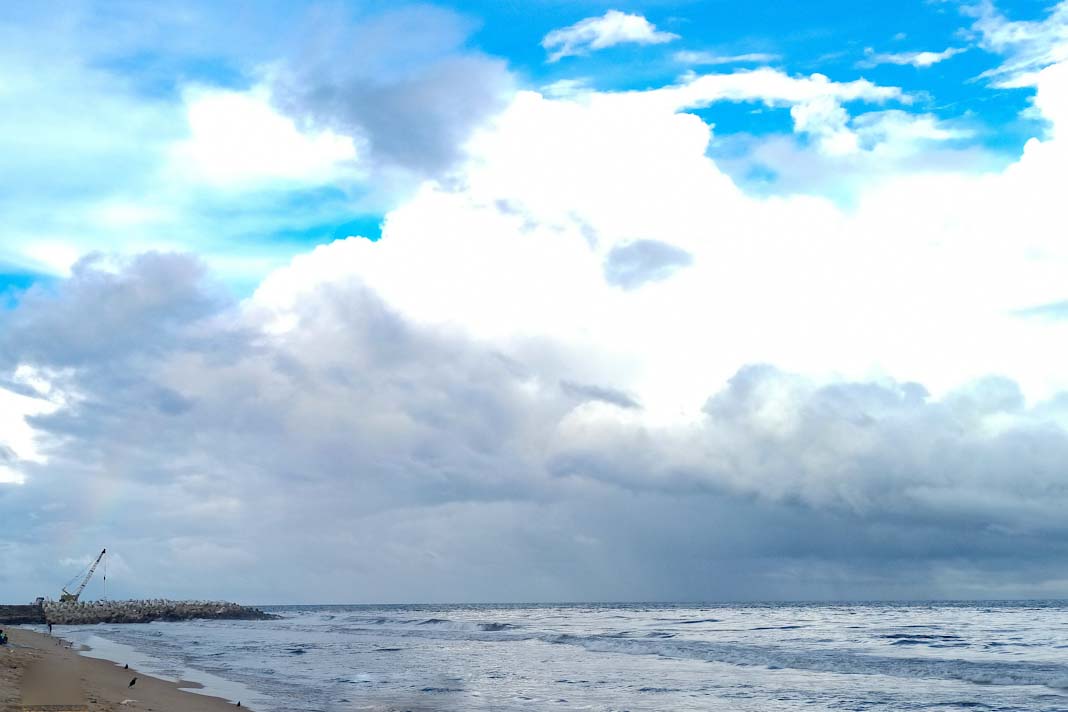- Scandlines’ electric ferry FUTURA is in its final construction phase and will be operational on the Puttgarden-Rødby route by 2025.
- FUTURA features energy-efficient technology, including silicone-painted hulls and thrusters, and a 10 MWh battery system that charges in just 12 minutes.
- The ferry is a key part of Scandlines’ plan for zero emissions by 2030.
The electric ferry FUTURA, built for Scandlines, is in the final stages of construction at the Cemre shipyard. On 29 July 2024, FUTURA entered the floating dock for cleaning and painting of its hull, and by 10 August, it was back in the water, reports Shippax.
Precision Ports and Energy-Saving Ship Design
While in the dock, FUTURA’s forward thruster was installed, and the aft thruster, which had been in the water since November 2023, was cleaned and painted. Both the hull and thrusters were coated with silicone paint to reduce water resistance, ensuring the ferry glides efficiently and uses less energy.
During the dock stay, precise measurements were taken for the automatic mooring system and the connections to charging towers at the ports of Rødby, Denmark, and Puttgarden, Germany. FUTURA’s battery system will be able to fully charge in just 12 minutes at both ports starting in 2025.
“These measurements must be very precise, as there is very little tolerance. That’s why we make them in the dock and not while the ship is moving at the quay,” says Rasmus Nielsen, Naval Architect at Scandlines.
Final Tests Before Heading to Denmark
After returning to the fitting-out quay, FUTURA will undergo complete system testing before going on a sea trial, known as the Sea Acceptance Tests (SAT). These tests will last one to two weeks and will be conducted under the supervision of the Danish Maritime Authority and Lloyd’s Register to ensure all systems operate at full load.
“The SAT tests last one to two weeks, during which the ship is out sailing, with the possibility of changing crew morning and evening. This way, we can always have the craftsmen and technicians on board who are needed to make corrections and adjustments, instead of everyone being on board all the time,” explains Rasmus Nielsen.
Once the tests are completed, FUTURA will be delivered to Scandlines and begin its journey to Rødbyhavn in Denmark. Scandlines COO, Michael Guldmann Petersen, expressed excitement about FUTURA’s debut, stating, “We are very much looking forward to putting our first emission-free ferry into operation on the Puttgarden-Rødby route. FUTURA is an investment in the future –for us as a ferry operator in general and, not least, as an important part of meeting our goal of zero emissions operation of the Puttgarden-Route route by 2030.”
FUTURA’s Specifications
FUTURA will be officially named during a ceremony later in 2024, in conjunction with its deployment on the Fehmarn Belt.
FUTURA data:
Length: 147.4 m
Breadth: 25.4 m
Design draft: 5.30 m
Freight capacity: 66 freight units (abt. 1,200 lane metres)
Max. number of passengers: 140
Service speed: 16/10 knots
Crossing time: 45 minutes (as of 2025)
Battery system: 10 MWh
Charging time in port: 12 minutes (as of 2025)
Investment: 80 MEUR
Did you subscribe to our daily Newsletter?
It’s Free Click here to Subscribe!
Source:Shippax


























